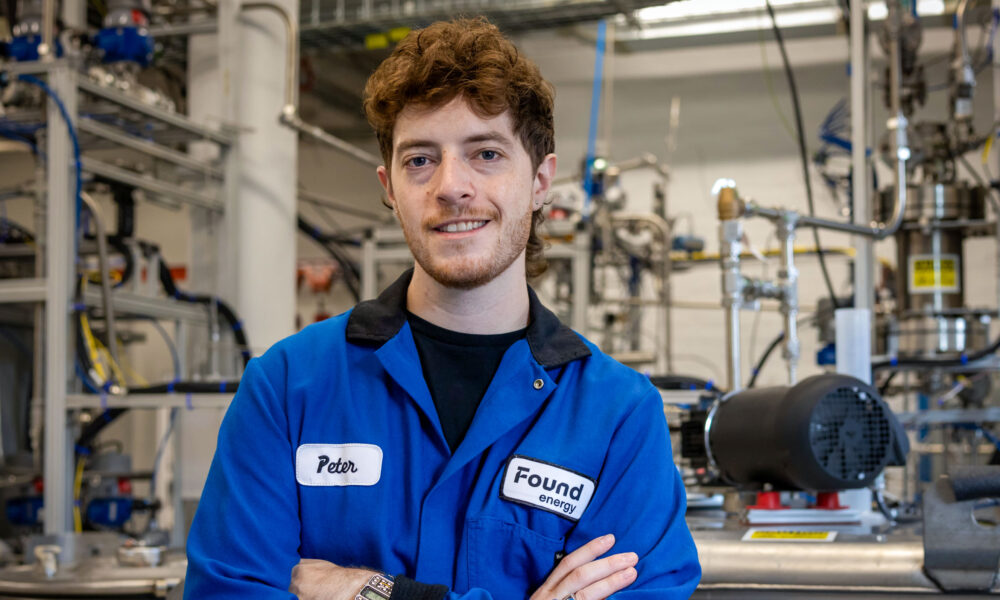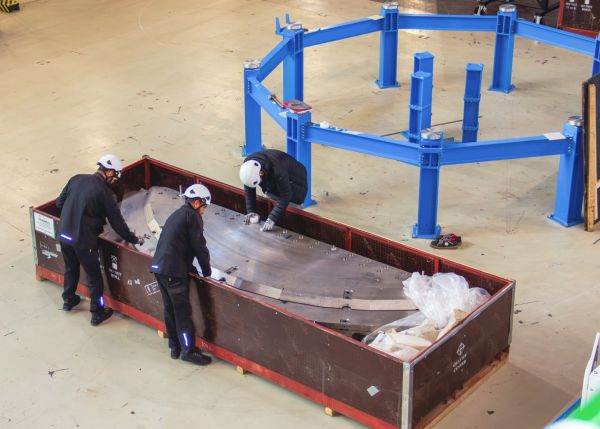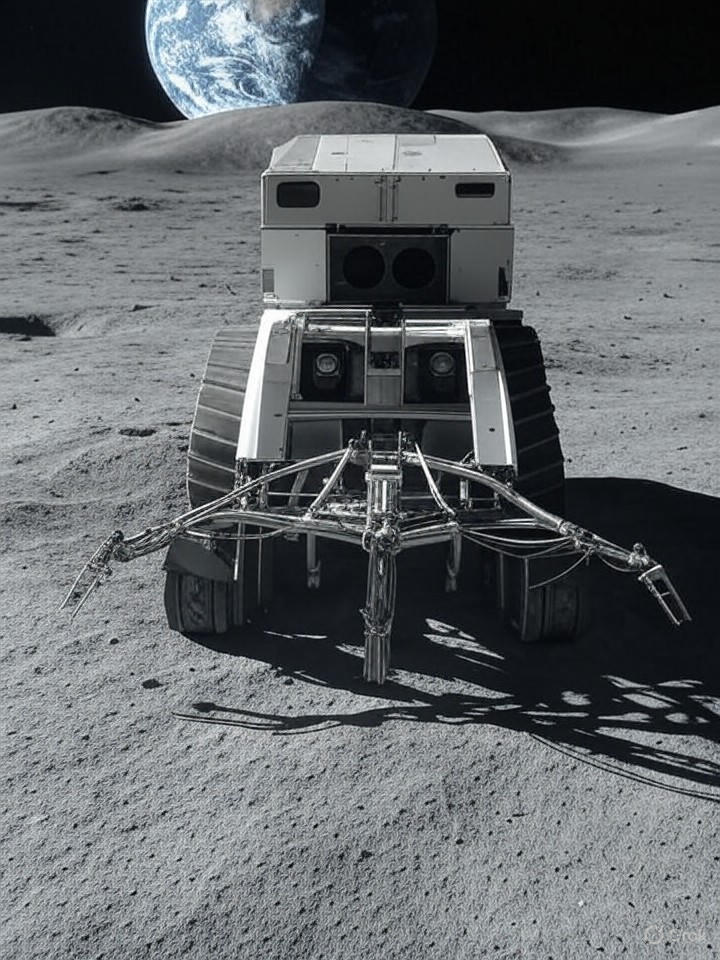A Boston-based startup, Found Energy, is set to conduct the largest real-world test of aluminum as a zero-carbon fuel source. The company, founded by Peter Godart, has developed a pioneering aluminum-water reactor, which aims to harness the energy from aluminum scraps to power industrial processes without relying on fossil fuels.
Demonstrating the technology in a lab, Godart showcased how crushed aluminum reacts with water to generate steam and hydrogen gas. “I can just keep this reaction going by adding more water,” he explained during the demonstration. The newly constructed reactor, described by Godart as the largest of its kind, is expected to supply heat and hydrogen to a tool manufacturing facility in the southeastern United States early next year.
The significance of this technology lies in its potential to transform aluminum scrap into a viable zero-carbon fuel. The high heat produced by the aluminum reaction could play a critical role in reducing greenhouse gas emissions from industries such as cement production and metal refining, which are challenging to power directly with electricity.
Innovative Approach to Aluminum as Fuel
Using aluminum as a fuel has been explored for years, primarily due to its high energy density. When refined, aluminum contains more than twice the energy of diesel fuel by volume and nearly eight times that of hydrogen gas. However, a key obstacle has been the oxidized layer that forms on aluminum’s surface, inhibiting its reaction with water or air.
“People have tried it and abandoned this idea many, many times,” Godart acknowledged, highlighting skepticism from experts in the field. For instance, Geoff Scamans, a metallurgist at Brunel University of London, labeled the idea as unrealistic, claiming the aluminum-water reaction lacks efficiency given the energy costs associated with refining aluminum.
Godart, however, believes that Found Energy has cracked the code. “The real breakthrough was thinking about catalysis in a different way,” he stated. Instead of merely combining aluminum and water with a catalyst, the company developed a method to dissolve a liquid metal catalyst into the aluminum, enhancing the reaction process.
The catalyst, although proprietary, is a low-melting-point liquid metal that facilitates the frothing and splitting of aluminum, exposing more of it to water. This technique significantly accelerates the aluminum-water reaction, allowing for more efficient energy release.
From Space Research to Earth Solutions
Godart’s journey began during his tenure at NASA, where he researched aluminum robots designed to consume themselves for fuel on Jupiter’s moon Europa. After funding cuts halted that project, he redirected his focus towards climate change solutions on Earth, culminating in the establishment of Found Energy in 2022.
Since then, the company has made substantial progress. After a successful $12 million seed funding round, Found Energy scaled up its operations, moving from a small 10-kilowatt reactor to a larger, 100-kilowatt version designed for industrial applications. In September 2023, they achieved their target power output, comparable to the capacity of a small pickup truck’s diesel engine.
The upcoming pilot project will utilize this engine to supply steam and hydrogen to the manufacturing facility, serving as a proof of concept for future expansions. Godart envisions this technology powering various industrial processes, initially targeting the aluminum refining and recycling sector.
Aluminum recyclers have expressed keen interest, seeking solutions for aluminum waste that is challenging to recycle efficiently. According to the International Aluminium Institute, globally over 3 million metric tons of aluminum collected for recycling remains unrecycled each year, indicating a significant opportunity for Found Energy’s technology.
Looking ahead, Godart hopes to create a closed-loop system that recharges aluminum hydroxide produced in the reaction back into aluminum metal. This approach could potentially meet global industrial heat demands using around 300 million metric tons of aluminum, which represents a mere fraction of Earth’s aluminum reserves.
While challenges remain—particularly in sourcing sufficient clean electricity for the recharging process—Godart remains positive about the future. He believes the current engine may exceed its expected output, stating, “We actually believe this can probably do half a megawatt.”
As Found Energy prepares for the upcoming pilot project, the implications for aluminum as a zero-carbon fuel source are profound, positioning the company at the forefront of sustainable energy innovation.







